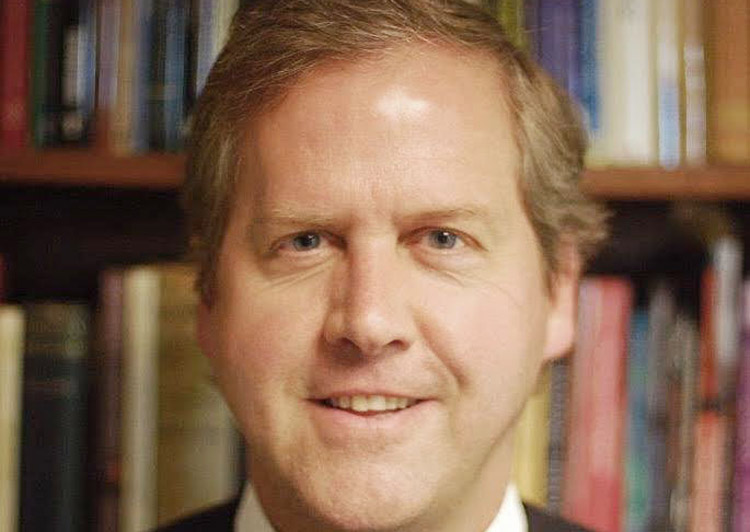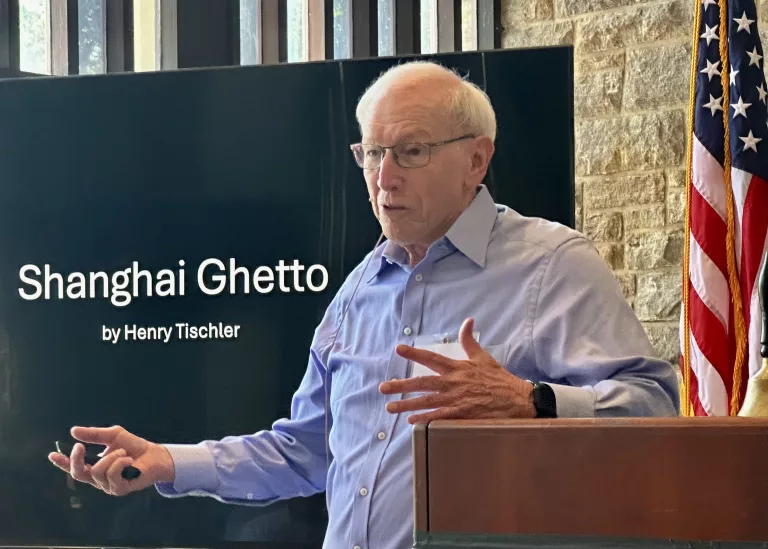
By Marek P. Zabriskie
In her book Nickeled and Dimed, Barbara Ehrenreich tells the story of taking a series of low paying jobs to see what it is like to earn and live on $6 or $7 an hour. She notes that almost 30% of the workforce earns $8 an hour or less. So, she finds a job as a waitress in Key West, where she earns $2.43 an hour plus tips. Because servers have to share a portion of their tips with the bartenders and busboys, she actually earns about $5.15 an hour.
Jobs are plentiful, because wages are low and the turnover is high. She serves, sweeps, scrubs, slices food, refills jars and restocks shelves. She seeks a cheap place to live, visits a trailer park and a few flop houses with no air-conditioning in the sweltering heat, no screens, fans or television, just the landlord’s fierce attack dog. She eats in cheap restaurants that offer unlimited refills of refried beans.
She notes that the worst customers are the visible Christians, who wear WWJD (What Would Jesus Do) jewelry and crucifixion T-shirts. A table of ten boisterous Christians, heartened by Sunday evening worship, runs her ragged with requests only to leave a $1 tip on $92 bill.
Unable to survive on her wages, she seeks a second job. Occasionally, she returns to her real home to send emails, pay bills and get phone messages. Writing large checks to her health club and Amazon.com forces her to see her old life through the new lens of living hand to mouth. Her previous life of conspicuous consumption suddenly seems completely excessive.
As I read her book, I thought about all the times that I nickeled and dimed a server or babysitter or failed to support a charity while indulging on extravagances for my family and myself. I have always believed that my biggest gift should go to the church, because God gave me the gift of life and should receive my greatest gift in return.
I am perplexed by individuals who give massive gifts to universities with enormous endowments where they spent four years there while never imagining making a large gift to their house of faith where they may have spent decades of their life.
It is God, not a school or university that gave us the gift of life. So, it’s unfortunate that we sometimes nickel and dime God, who has bestowed everything upon us.
The problem is not that money is bad, but rather in the words of I Timothy, it’s “the love of money” that “is the root of all kinds of evil.” If you look at any major problem in your life, there is probably a financial root underlying it.
Thus, Jesus spoke more about money than any other topic except the kingdom of God because he knew the money is God’s chief competition. The more money we have the less that we feel that we need God. Money can undermine our spiritual journey, values and relationships.
Studies also show that the poor consistently out-give the rich in terms of the percentage what they give away. We think that when we earn and save enough we will be generous. But studies confirm that the more we have, the smaller the percentage we share.
In Luke’s Gospel, Jesus tells a story about a rich man and a poor man. The rich man had a lavish lifestyle that blinded him to the needs of others. At the end of his driveway sat a poor man named Lazarus, whose teeth were yellowed and half were missing.
His feet were sore, blistered and badly in need of medicine. The rich man could easily have paid for Lazarus to visit a doctor, but he thought, “If I care for him, he’ll be back with ten friends.” So, he let Lazarus suffer. Only the dogs paid attention to Lazarus, licking his oozing wounds.
The rich man wasn’t evil. He simply didn’t notice Lazarus. The error of the rich man was a sin of omission. He simply never bothered to help Lazarus. Lazarus was invisible.
He thought that it was natural that Lazarus should suffer, while he enjoyed the good life. This is what landed him in hell. The rich man’s heart was never pierced by the sting of another man’s grief.
In his book American Mojo, Greenwich author Peter Kiernan and former Wall Street financier, notes that “the world’s 85 richest individuals are worth more than the bottom 3.5 billion who inhabit the planet. The top 85 versus half of everybody else.”
That is deeply immoral. It’s what Jesus alludes to in the story of Lazarus and the rich man. I have served four wonderful churches and have met many amazingly generous and wonderful people. I have also met people who are likeable, successful and lead rich lifestyles, but who have not learned how to be generous with God and with the poor.
When we nickel and dime God, we hurt the poor for the first thing that most houses of faith cut when giving is weak is the giving to the needy outside their house of faith. Our houses of faith should be the most significant transformative institutions in our community and champions of caring for those who are poor, sick, suffering or dying. But it requires our generosity.
This is the season for supporting our houses of faith and for ensuring that we don’t nickel and dime God or ignore those who suffer like Lazarus. If we fail to do so, the world will be hellish, and we will fail to discover the enduring joy that comes from being content with what we already have and focusing on caring for others.
The Rev. Marek Zabriskie, Rector of Christ Church Greenwich





